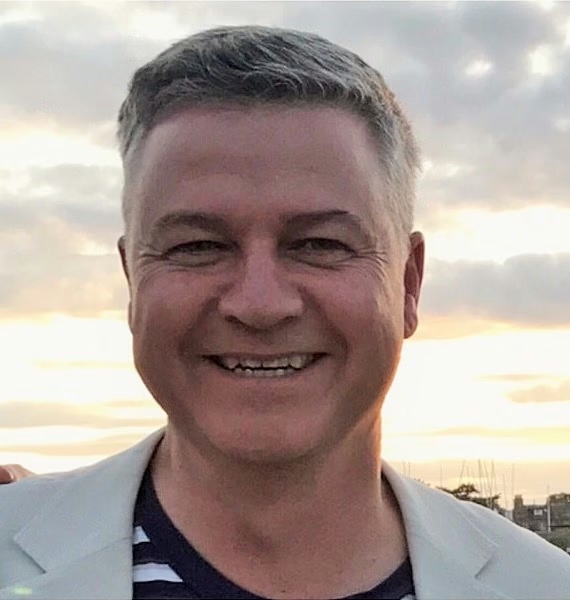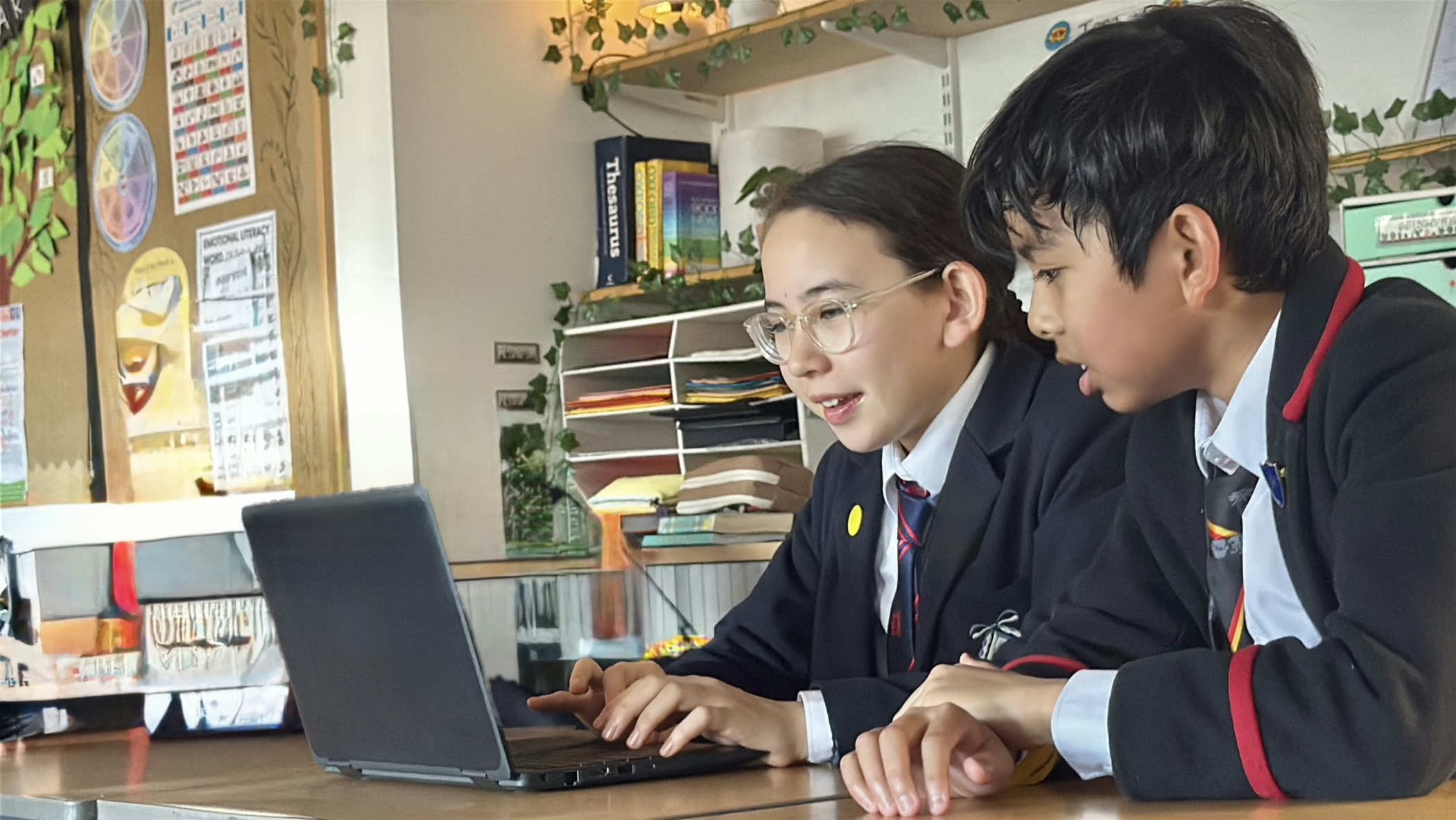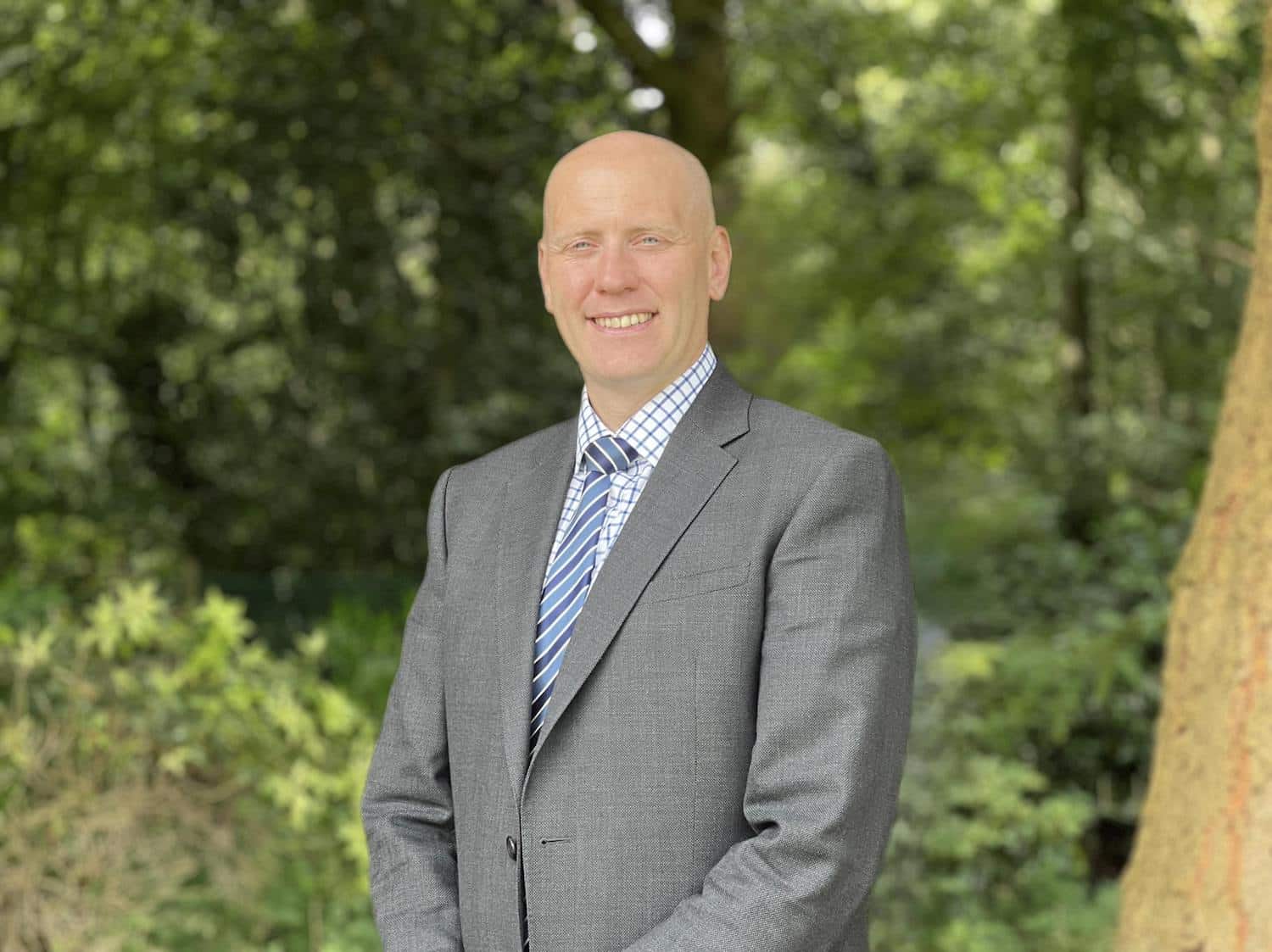What drew you to Communication Studies, and how relevant have those skills been across your career?
It was such a fascinating, forward-looking course – media, psychology, sociology, and technology. We talked about things like propaganda and emerging digital culture. My dissertation focused on how we interact with computers at the dawn of the internet, and for a brief time, it was right on the cutting edge of thinking. That foundation helped me stay curious. I learned that you don’t need to know everything at the start. You just need to know enough to have an opinion and start a conversation. That curiosity led me to explore things like physics and astronomy. Not because I studied them formally, but because I finally believed I could and they interested me. The lecturers at University were brilliant, too. They went beyond the curriculum and made the world more understandable. It was a genuinely mind-opening experience.
Your early roles were in publicity and marketing – what did you learn that helped you later, especially in leadership roles?
Starting out in menial jobs was a blessing. I got to know people at every level and learned how businesses really work. That shaped my leadership style. Every promotion meant something because I knew what it was like at the bottom. As a senior leader, I always make a point of speaking with everyone, the receptionist, the canteen staff, the security guard. There’s a famous story of a janitor at NASA who said he was helping to put men on the moon. That really resonates with me. Everyone’s role matters.
You’ve worked across a wide range of industries – marketing, banking, tech, public sector, and now international customer service. What were some of the biggest challenges in switching between these sectors?
Probably dealing with the unknown and the self-doubt that comes with it. Everyone feels it at some point, but we all think we’re the only ones. Early in my career, I moved around a lot. I was working through temp agencies, doing all sorts of jobs, often completely different from the last. I had to learn to stop overthinking – show up, smile, and trust that I’d figure it out. That experience helped me grow comfortable with being uncomfortable. It’s now one of my biggest strengths. When I’m stepping into something unfamiliar such as leading a new team or entering a different industry, I try to break it down into manageable pieces. Say yes first, then work out the ‘how’ afterwards.
Were there moments where you doubted your ability to succeed in a new field, and how did you overcome those uncertainties?
Absolutely. Everyone hits those moments of doubt. For me, self-belief has always been crucial. I’ve learned that if you act with confidence, even if you’re not sure, it tends to work out. A bit of ‘fake it till you make it’, but with intention. I’ve always been a naturally positive person, and I’ve leaned into that. I try to use positive language, focus on the opportunities, and remind myself that the worst-case scenario is rarely as bad as it feels in your head. That mindset helps you keep moving forward, especially when you’re out of your depth.
How did you go about gaining the knowledge or credibility you needed to progress when moving into unfamiliar territory – such as from communications into IT, or from local government into private sector leadership?
I’ve never tried to change who I am to fit in and that’s been really important. I value being a fresh pair of eyes. I don’t seem to think the same way as everyone else, and I see that as a strength. When I moved into local government, for example, it wasn’t seen as a typical ‘step up’. My eldest daughter had just arrived, and I wanted more balance in my life. That role gave me that, but it also gave me the chance to challenge the status quo. I didn’t just slot in. I asked why things were done a certain way and pushed for better. It would’ve been easier to keep my head down, but by questioning and challenging, I helped people and systems move forward. I ended up on national boards helping to shape real change for the better. Those experiences built my confidence. Later, moving into the private sector, especially starting a new business with no clients but huge investment behind us, was a big shift. The pace was totally different. I remember my CEO saying, “That’s a great idea, let me know how you get on by 5pm,”. That level of trust and autonomy was so energising.
Did each industry bring a different working culture or set of expectations? How did you adapt, and what helped you stay resilient through those changes?
Definitely. Every organisation and every industry has its own culture, and they don’t always match what’s written on the wall. That’s something I find fascinating, especially with my background in studying culture and communication. In my current role, I work with clients across a huge range of sectors, from fashion retail to global IT firms, and I get to see behind the curtain of how different businesses actually operate. It’s a brilliant way to learn. For example, when I worked with Karen Millen, you’d be judged on your shoes the moment you walked in. With B&Q, it was branded fleeces and a completely different tone. Both had strong cultures, just very different values. I’ve never tried to become something I’m not. I’m just someone who works with people, in organisations, with a goal to improve something. That’s the thread which runs through my career. Even if my CV looks a bit eclectic, it all comes down to using transferable skills like communication, leadership, project management and focusing on making things better wherever I land.
Do you think having a diverse career background gave you an edge when taking on leadership roles in customer service and operations?
Absolutely. Having started at the bottom, I’ve gained a real understanding of what each job entails and what matters to the people doing it. That perspective is invaluable in leadership; I can empathise with teams and anticipate challenges before they become problems. In my current role, I work across different functions, helping them work better together. Because I’ve had such a varied background, I can spot potential issues early and guide people through them. It makes collaboration smoother and helps me build trust quickly.
What would you say to someone considering a career pivot – especially if they feel like they don’t have the “right” background?
I once worked with a brilliant lawyer in a crisis. Everything was going wrong and he said: “If you know you’re on the wrong track, the sooner you change it, the better.” And he was right. There’s so much pressure to build a perfect career or reach certain milestones, but success isn’t found by ticking boxes. It’s not a race, and constantly comparing yourself to others is a really dangerous path. If you’ve lost interest in what you’re doing, stop. If you’ve got a passion, even if switching paths means short-term sacrifices like retraining or lower pay, then trust your instincts and go for it. That passion gives you an edge from day one over people who are just going through the motions.
You’ve moved from technical roles like software training and application development into more strategic and people-focused leadership roles. Was that a natural shift for you, or did it take conscious effort and development?
It was definitely a natural shift. I was never especially technical. I am not interested in how computers work, more in what they can do. I think I was destined for roles that focus on leading and connecting with others.
That said, there was something I really appreciated about software development. It’s a creative process, and there’s real satisfaction in building something that works well. I also loved software training. Helping people go from being unsure to confident users of a system was so rewarding. Sometimes I’d be training others in software I’d only learned the week before, but that taught me that you don’t need to be an expert in everything. Those experiences gave me the foundations I still rely on today.
Your role at Ascensos helped scale a start-up into a major European player. How different was that environment compared to your time in the public sector, and what were the biggest adjustments you had to make?
It couldn’t have been more different. The early days at Ascensos were incredibly exciting. There was lots of intensely hard work and long hours. We grew from 100 people to over 3,000 across six countries. In the beginning, everything ran on trust and belief in the leadership team. We had a saying: “We’ve done this before, really well.” But really, we were operating on a wing and a prayer at times. I led the project to open a large site in Clydebank and commuted there for over a year. I did everything from standing on a chair in the Jobcentre to recruit staff, helping get the building ready, plugging in PCs and getting the community on board. We went from an empty space to a beautiful office with 600 people in six months. It was daunting, but exhilarating.
The biggest adjustment from public sector to that kind of start-up culture was the pace. There were no drawn-out discussions – you just got on with it. If you had an idea, you made it happen. It was a huge challenge, but also one of the most rewarding experiences of my career. I hope I never have to do it quite like that again, but I’m really proud of it.
Now at Foundever as Global Solutions Director, you’re operating at an international level. How does this global perspective differ from your earlier, more local roles?
It’s a completely different scale. Foundever is a global leader in business process outsourcing, with more than 150,000 employees worldwide. Yet, despite its scale, most people haven’t heard of us. We operate in 45 countries and support over 750 clients – many of them global household names. The international nature of the role means I’m working with virtual teams from all over the world. A typical meeting might include people from eight different countries, which brings such rich diversity. It’s fascinating! I’ll be working with someone from Madagascar one day, then someone in the Philippines the next. Of course, cultural differences can come into play. I remember once a colleague didn’t turn up for a meeting. It turned out a typhoon had destroyed his home. It’s a reminder that while we work in a consistent and highly professional environment, real life for people can be very different.
Have you had mentors or role models that helped you navigate those industry changes? And have you found opportunities to pay that forward?
Definitely. I’ve worked for some brilliant bosses and also some terrible ones. But I’ve learned just as much from both. Bad leadership can teach you what not to do, just as powerfully as good leadership shows you what to aspire to. Two people really stand out for me. The first is Ron Peerenboom, an MD I worked with years ago. He had real charisma. He was totally different to everyone else, incredibly smart, and always engaging. He once told me he’d never applied for a job in his life, he just made things happen. That attitude really stuck with me. The second is John Devlin, one of the founders of Ascensos. Probably the smartest person I’ve ever worked with. He is calm, credible, and able to talk meaningfully about absolutely anything. Even during difficult times, people trusted him and stood by him. He was a real anchor for the business.
I’ve always enjoyed giving opportunities to people with potential and energy. It’s incredibly rewarding to help someone take that next step and I was given those chances. I once hired someone in Romania who spoke three languages and was a published nuclear physicist – it was amazing to give her a chance to build a new career. Even when it’s not formally part of my role, I naturally end up mentoring and coaching people. I really enjoy that. It’s important to me, and it feels good to help others grow.
What skills or qualities do you believe are most valuable when switching industries or stepping into something new?
Self-belief, a positive attitude and a smile. Those three things will take you a long way.
For young people starting out – especially those unsure of a fixed career path – what lessons from your journey might help them stay open to change and opportunity?
The most important thing to remember is that most of the jobs people are doing today didn’t even exist a few years ago and that trend is only going to continue. So it’s okay not to have a fixed career path. In fact, it’s more realistic to anticipate that it will evolve and shift over time.
Technology is driving huge change, and that’s only going to accelerate. Being open to change, and curious about new tools and ways of working, is essential. I recently qualified as an AI specialist to help make AI integral to our business. There was a quote that really stuck with me: “AI won’t replace people, but people who know how to use AI will replace those who don’t.” Even my daughters are wary of AI because they’ve heard negative things, but the reality is, in almost any job, you’ll be expected to understand and use AI tools. So the best advice I can give is: stay curious, stay flexible, and don’t be afraid of change. The world’s moving too quickly for rigid thinking.
Outside of work, how do you like to spend your time? Any interests or hobbies that help you recharge?
Home and family are everything to me. I used to travel constantly for work, so I really value being able to spend more time at home now. I love cooking and entertaining, just having people around the table and enjoying good food together. I’m not a particularly materialistic person, but I’ve always loved beautiful cars. I’ve always driven something that makes me turn around for one last look after I park it! Gardening is another passion of mine, particularly growing trees from seed. I often give them as presents, and it’s incredibly satisfying to go back years later and see a tree I nurtured from the very beginning, now thriving in someone’s garden.






